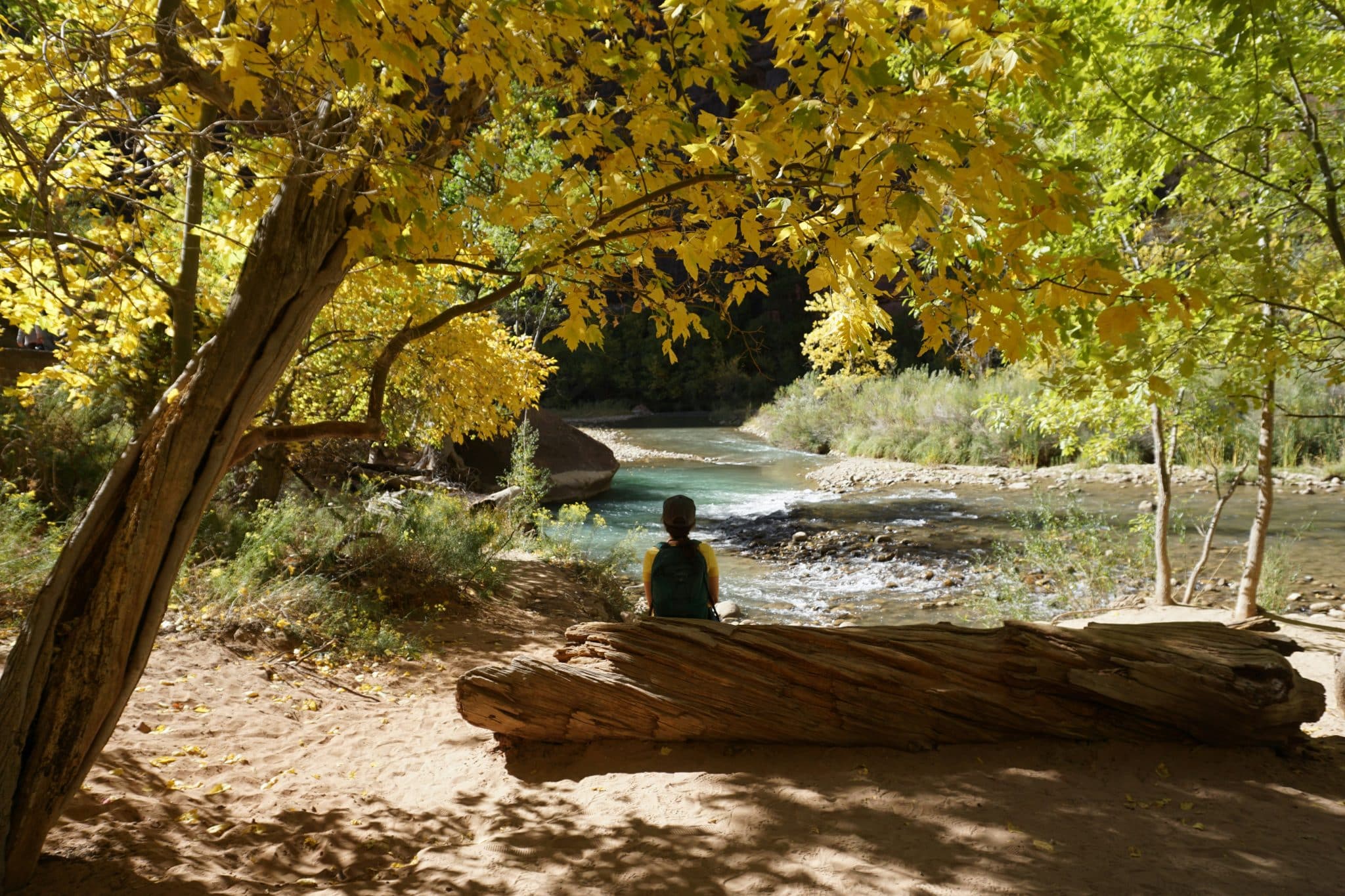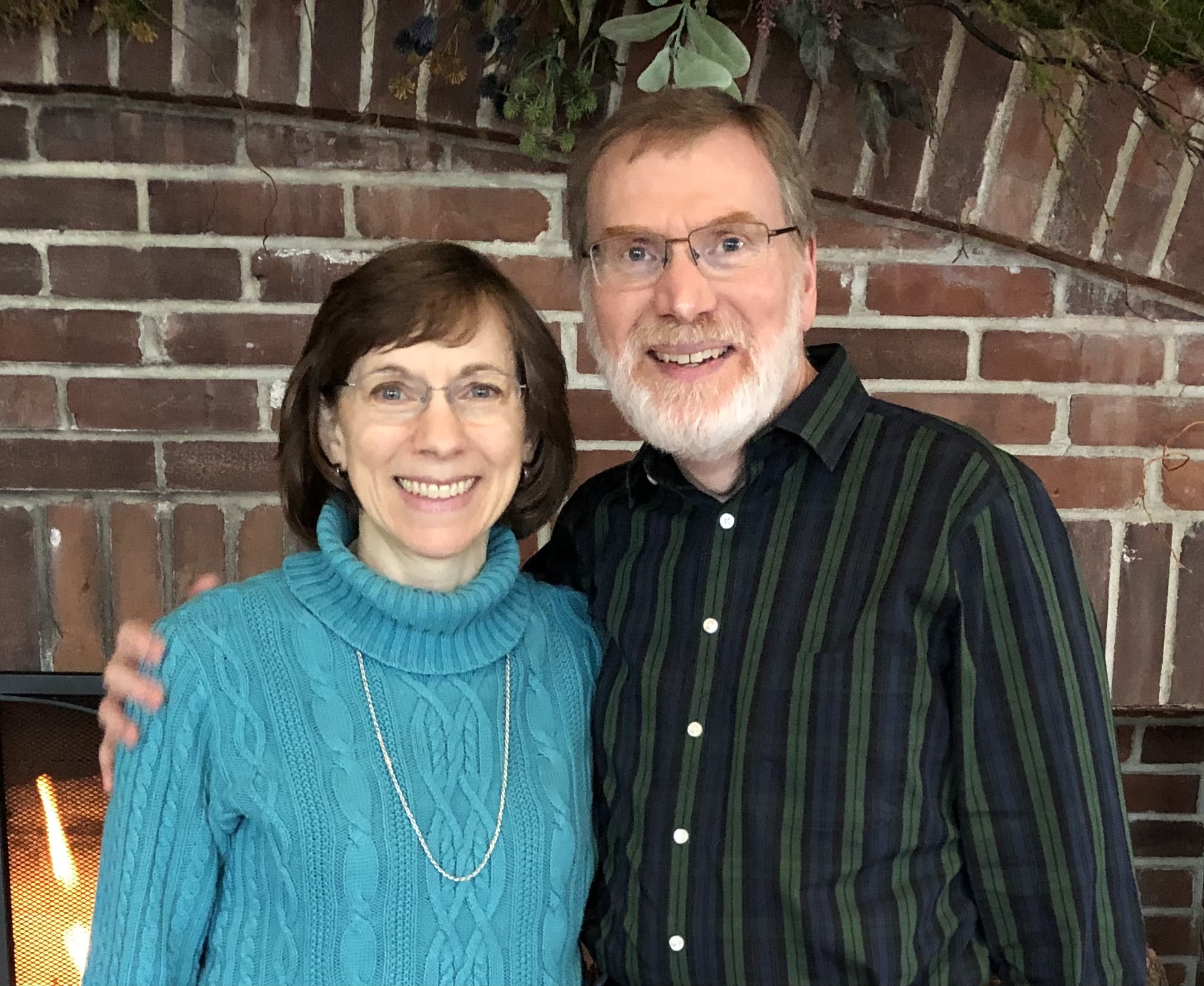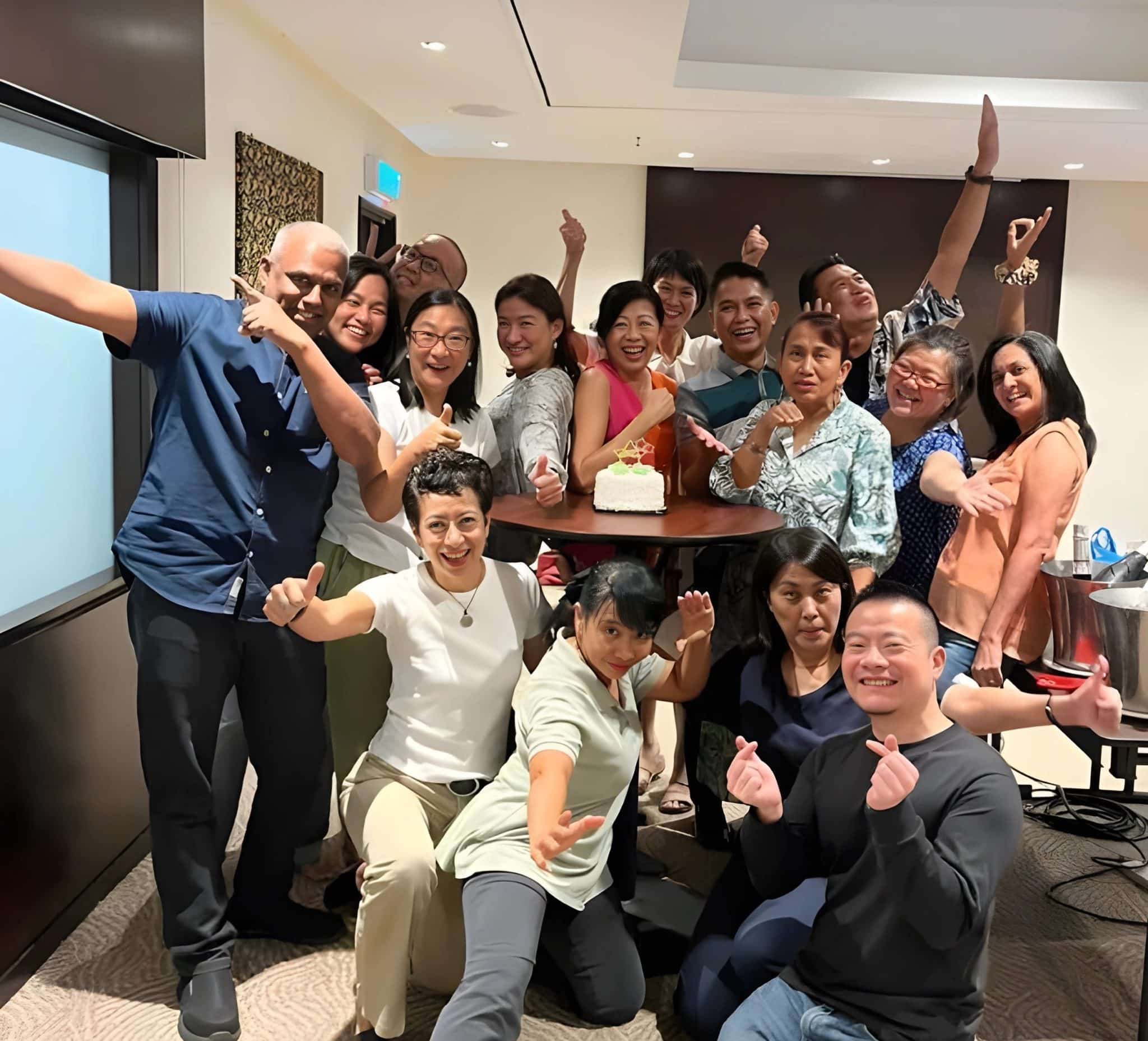Jesus cared for Himself too: 4 ways Christians can practise self-care
by Gracia Lee // February 19, 2025, 10:23 pm

"Our personal health – not just physically but holistically – dramatically impacts the people I'm loving in my life, the neighbours I'm reaching out to. If I'm unhealthy, I'm not going to love them well," said Dr Tasha Chapman at last October's R2 Conference. Photo by Jaida Stewart on Unsplash.
Is self-care selfish?
While some may think of self-care as a modern inward-looking trend, it is actually a needful part of discipleship that allows us to love others better and finish our Christian race well, said Dr Tasha Chapman at the Rethinking Reformation (R2) Conference.
Hosted at Zion Serangoon Bible-Presbyterian Church last October, the conference explored the meaning and working of “reformation” in a believer’s life today.
Speaking at a workshop on how to avoid burnout in ministry, Dr Tasha, who is a Professor of Educational Ministries at Covenant Theological Seminary in the United States, used the term “self-stewardship” to describe our responsibility as Christians to manage our whole person as God has entrusted to each of us.
This includes our health, strength, emotions and intellect, talents, vocations, decisions and relationships, she explained.

Dr Tasha Chapman (left) and her husband, Dr David Chapman (right) were guest speakers at last year’s R2 Conference. Photo courtesy of David and Tasha Chapman.
“Self-stewardship is not selfishness but a wise form of self-care, self-denial, discipleship and discipline to steward God’s creation of ourselves, to follow Christ and ‘run with endurance the race that is set before us‘ (Hebrews 12:1),” said Dr Tasha.
“In pursuing self-stewardship as a delegated responsibility by Christ the King, we acknowledge and repent humbly that our health impacts all others and creation around us.”
Salt&Light summarised her workshop into four ways we can be good stewards of ourselves.
1. Recognise that we are limited creatures
We must recognise that we are limited creatures serving an unlimited God, said Dr Tasha.
When we realise this, we will:
- Stop submitting to the unrealistic expectations others have of us
- Avoid taking too much responsibility to please people
- Put aside our pride and respect our own needs and limitations
- Acknowledge the personal impact of caring for others
2. Look to Jesus’ example
(a) Jesus spent time pursuing self-stewardship
Even though Jesus was God, he was also fully man. He had the same kind of limitations that we do and demonstrated self-stewardship during His time on earth, said Dr Tasha.
For example, he often spent time alone in prayer (Matthew 14:23, Mark 6:46–47, John 6:15). But that was not the only thing He did to care for Himself.
“We’ll always mourn the cares of worries of the world … but that doesn’t actually mean we’re called to meet (all of) them.”
He also knew when to rest, as seen in how He slept in the boat while his disciples did the work of sailing (Mark 4:38). He ate with friends (Luke 7:34). He partied at weddings (John 2). He probably laughed a lot and had a sense of humour, said Dr Tasha.
(b) Jesus did not meet everyone’s needs immediately
Looking to Jesus’ ministry, Dr Tasha noted that while Jesus stopped to meet the needs of many, there were also instances when He did not immediately meet the needs that He saw (Luke 19:41-44).
Pointing to Ephesians 2:10, she emphasised that God has already prepared the good works that He intends for us to do. So, we must be discerning in what needs we are to meet.
“We’ll always mourn the cares of worries of the world that we see and that we know about, but that doesn’t actually mean we’re called to meet (all of) them,” she said.
“That takes discernment, that takes speaking to the Lord and getting the wisdom of the Holy Spirit to know: Am I the one to respond? Or am I not the one to respond at this time and place?”
(c) Jesus was not afraid to disappoint people
Jesus disappointed the Israelites who had expected the Messiah to kick out the Romans and be king, not go to the cross.
He repeatedly disappointed His disciples by not doing what they expected Him to do (Luke 24:19-21).
When we saddle ourselves with our own expectations or that of others, we end up burnt out and overworked.
He even disappointed his own mother and brothers, who thought He was crazy and came to take Him away from the synagogue as He was preaching in it (Mark 3:21).
“The only person He didn’t disappoint was God the Father,” said Dr Tasha.
“We need to discern what is the good work God has put before us, instead of working out of our own expectations of ourselves, or others’ expectations of us.”
She added that when we saddle ourselves with our own expectations or that of others, we end up burnt out and overworked, which hurts the people around us.
“Our personal health – not just physically but holistically – dramatically impacts the people I’m loving in my life, the neighbours I’m reaching out to. If I’m unhealthy, I’m not going to love them well. So, this is a discipleship issue.”
3. Rethink cultural pressures
Our culture is “the air we breathe, the hidden map of how to do daily life”, said Dr Tasha.
While many aspects of our cultural practices on work are good and biblical, there are other aspects that we must challenge as Christians, she added.
“Simple rules don’t work. We must discern day by day.”
Take the idea of meritocracy for example, which emphasises working hard to prove yourself and to climb up the corporate ladder, Dr Tasha explained.
There are some things that are biblical about this concept: The Bible commands us to work hard as unto the Lord (Colossians 3:23-24, Proverbs 13:4), to earn a wage so we can care for ourselves (2 Thessalonians 3:10-12) and bless others (Ephesians 4:28).
However, meritocracy can become dangerous when work becomes an idol, something that is more important than loving our neighbour. Or when we think we are a “human doing” defined by our achievements instead of a human being who is loved by God, she said.
Some other examples of harmful cultural pressures that Dr Tasha gave include:
- The sacred is separate from the secular
- It is heroic to burn-out for a good cause
- It is heroic to be self-sufficient and not need help
- Long work hours increase productivity
- There is never enough money, time, people
- Workaholism is a harmless necessity
- Failure and error are not acceptable
If we want to be good stewards of ourselves, we need to examine some of these cultural beliefs that we unconsciously subscribe to, and rely on God’s Word and the Holy Spirit for wisdom on how to reframe these ideas to avoid burning out.
4. Forgo balance for tension
Many today believe that as long as we strike “the right balance” between the different aspects of our lives, we will find success and happiness.
Often, we try to find this balance by setting fixed goals. For example: “We will be healthier if we are sure to do this five times a week.” Or “To stay sane, I will count my hours and refuse to work more.”
God has already prepared good works for us to do and we don’t need to burn ourselves out to serve Him.
However, Dr Tasha challenged this, saying that the idea of balance assumes there is only one right solution and places rigid rules over a response to God’s dynamic provisions.
She proposed exercising a tension instead. This looks like being flexible and relying on godly wisdom and discernment in our daily lives.
For example, while it may be good self-stewardship to go to bed early so that we are our best selves the next day, we may have to stay up one night for a certain task that God has called us to do.
In such cases, forgoing sleep for that night or a particular season may be the obedient thing to do. “Simple rules don’t work. We must discern day by day,” said Dr Tasha.
To exercise this tension, we must remember two truths: One, that we are working heartily for Christ (Colossians 3:23-24) and not for others or ourselves.
Two, that God has already prepared good works for us to do (Ephesians 2:8-10) and we don’t need to burn ourselves out to serve Him.
Self-stewardship is much like pulling a long rubber band, Dr Tasha concluded.
On the one hand, we must remember that “I am not the Christ” (John 1:20).
Yet, as we stretch the other side of the rubber band, we must work knowing that “by God’s grace, I am what I am, and His grace toward me was not in vain” (1 Corinthians 15:10).
RELATED STORIES:
We are an independent, non-profit organisation that relies on the generosity of our readers, such as yourself, to continue serving the kingdom. Every dollar donated goes directly back into our editorial coverage.
Would you consider partnering with us in our kingdom work by supporting us financially, either as a one-off donation, or a recurring pledge?
Support Salt&Light


